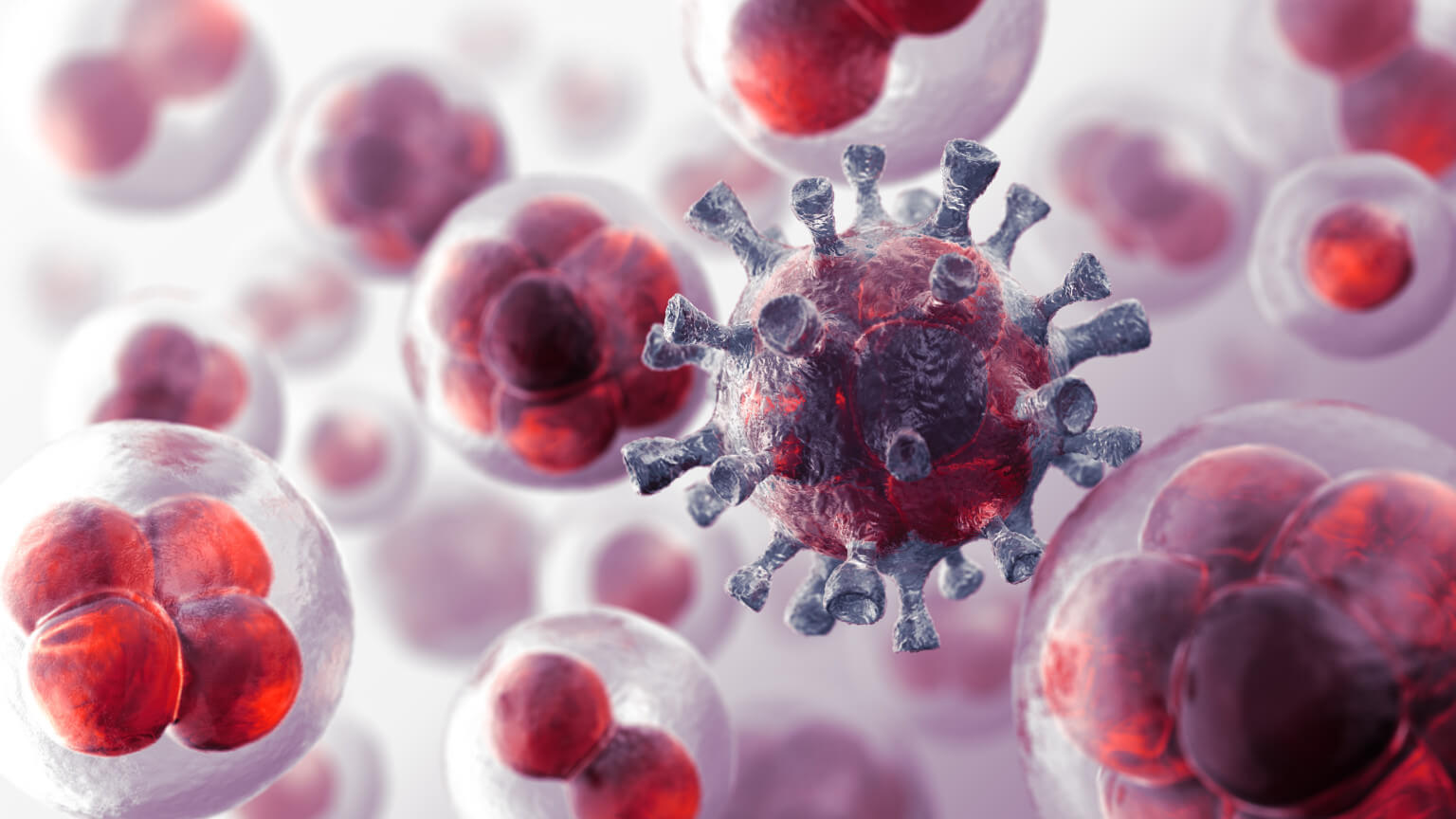Source: Cancer Research UK Feb 06, 2019 6 years, 2 months, 2 weeks, 6 days, 17 hours, 34 minutes ago
Mutations that cause esophageal adenocarcinoma (OAC) have been mapped in unprecedented detail -- unveiling that more than half could be targeted by drugs currently in trials for other cancer types.
This research, published in
Nature Genetics, could help stratify esophageal cancer patients to give them more personalised therapies. This could provide options not currently available to patients beyond standard chemotherapy, radiotherapy or surgery.
Cancer Research UK researchers at the University of Cambridge used whole genome sequencing and whole exome sequencing to map mutations in OAC, the main subtype of esophageal cancer in England.
In the study, driver mutations for OAC were found in 99% of patients and more than 50% were sensitive to drugs (CDK4/6 inhibitors) already in clinical trials for breast cancer. This means phase II/III clinical trials to treat esophageal cancer could be feasible in one to two years.
Interestingly, women were found to have more KRAS mutations than men. These mutations are often seen in other cancer types, but are rarely found in esophageal cancer. This could indicate a different sub-type of the disease in women and suggest they may have a different prognosis or be eligible for other treatments.
Professor Rebecca Fitzgerald, Cancer Research UK funded scientist and lead researcher at the MRC Cancer Unit,
in an interview with Thailand Medical News ,said: "This research could completely shift the paradigm from giving esophageal cancer patients the same chemotherapy that we know doesn't always work, to more targeted treatments based on individual characteristics of a patient's cancer.
"We are now designing clinical trials that provide real-time analysis of patients' genes to offer patients the best treatment based on their own genome.
"This research could also provide better options for older patients, who are more likely to develop esophageal cancer, and who are often not fit enough for current treatment options."
Only around 12% of patients survive esophageal cancer for 10 years or more. This is partly due to late diagnosis, as symptoms often do not present until the cancer is advanced, and partly due to limited treatment options. Scientists have found that more people are developing OAC in several countries in Western Europe, including the UK -- risk factors include obesity and smoking.
Professor Karen Vousden, Cancer Research UK's chief scientist, said: "Research like this is crucial to improve treatment options and survival for patients facing a hard-to-treat cancer, such as esophageal cancer.
"Understanding which mutations are causing the disease could lead to targeted treatments and earlier detection. This is something that would never have been possible without huge advances in technology."
Cancer Research UK is committed to funding more research on hard to treat cancers like esophageal cancer, increasing spending from £5 million four years ago, to £16 million this year. In the UK, esophageal cancer is the 13th most common cancer and the seventh most common cause of cancer death in the UK.
Reference:Alexander M. Frankell, SriGanesh Ja
mmula, Xiaodun Li, Gianmarco Contino, Sarah Killcoyne, Sujath Abbas, Juliane Perner, Lawrence Bower, Ginny Devonshire, Emma Ococks, Nicola Grehan, James Mok, Maria O’Donovan, Shona MacRae, Matthew D. Eldridge, Simon Tavaré, Rebecca C. Fitzgerald. The landscape of selection in 551 esophageal adenocarcinomas defines genomic biomarkers for the clinic. Nature Genetics, 2019; DOI: 10.1038/s41588-018-0331-5
